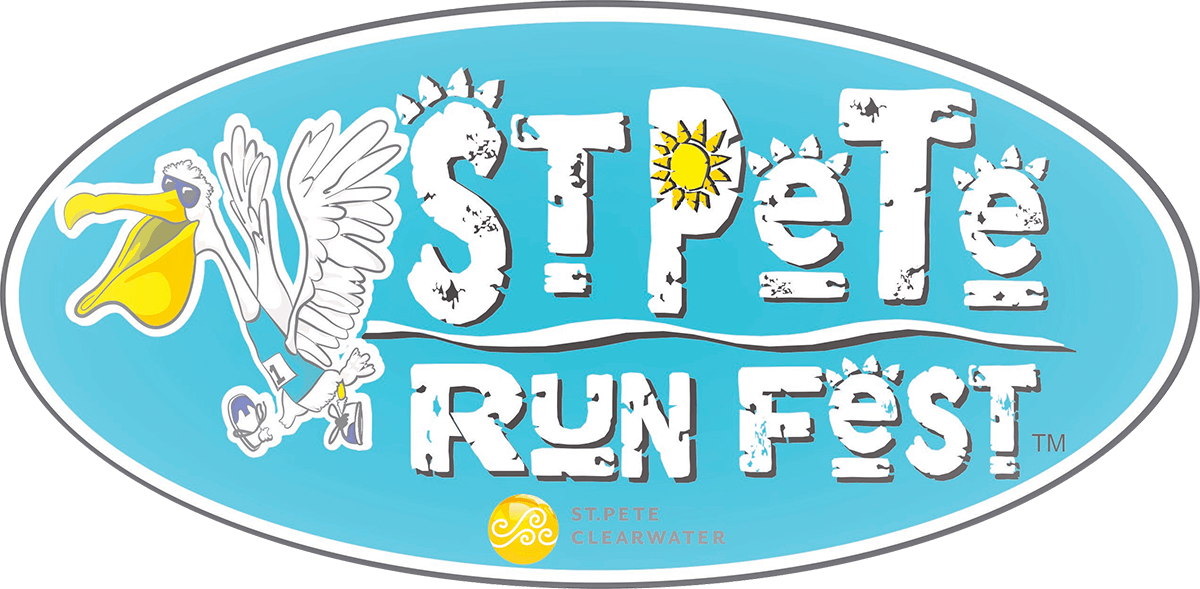The St. Pete Run Fest is on the horizon and as training continues, you might be interested in learning how to avoid a few common issues runners experience and how to prevent them.
Read on to learn more about the common injuries that runners face and some prevention tips. Additionally, be sure to visit the Regenexx Performance tent for performance enhancement Rock taping sessions at the event! Link here to sign up.
- Plantar Fasciitis
Plantar Fasciitis is inflammation or irritation of the band of connective tissues that joins the heel and forefoot which is called the plantar fascia. This is initially caused when someone is continually active (like long-distance runners) and that extraneous activity causes tiny tears in this area.
Someone who might be experiencing plantar fasciitis might feel pain along the bottom of the foot near the heel or pain that continuously worsens after periods of inactivity. One of the tell-tale signs that you might have plantar fasciitis is when you first step out of bed in the morning, people typically experience excruciating heel pain.
Since this part of the foot provides arch support, a way to prevent it is ensuring the shoes you use on a daily basis or when doing extraneous activities provide good arch support. It’s also good to avoid those that offer little support like high heels and flip flops to name a few.
- Runner’s Knee
Runner’s knee is the irritation of cartilage under the kneecap or strain of underlying tendons, which causes pain near the knee cap and can be at its worst when descending stairs or moving downhill.
A few causes of runner’s knee are excessive training, poor foot support, injury and trauma. Additionally, runner’s knee has also been linked to weak hip rotator muscles.
One way to prevent runner’s knee is to strengthen the outer hip muscles with a few exercises such as clamshells. wall planks or side planks.
- Achilles tendinitis
Achilles tendinitis can be defined as pain that occurs along the back of the leg around the area of your heel. This is initially the inflammation of your “Achilles,” the tendon that connects your calf muscles to your heel bone.
Achilles tendinitis can be tied back to tight calf muscles as well as repetitive or intense strain to your achilles tendon (intense running, jumping, etc.).
It’s important to strengthen the areas being used most. A way to prevent Achilles tendinitis is to build strength in your heels by doing exercises such as eccentric heel lowering, where you raise the ball of your foot then slowly lower it down for about 4-6 counts.
Still Feeling Pain?
If you suffer from knee, hip, or foot pain while training and want to take advantage of any issues before they worsen, take some time to find out if you’re a candidate for Regenexx procedures.
To learn more on how you can use Regenexx advancements in therapy to naturally and effectively target your knee, hip or foot pain, sign up for a quick diagnostic onsite ultrasound at the Regenexx Performance tent. Visit our site for more information: https://newregenortho.com/st-pete-run-fest/ or contact our office at 941-933-9487 if you have any questions!
